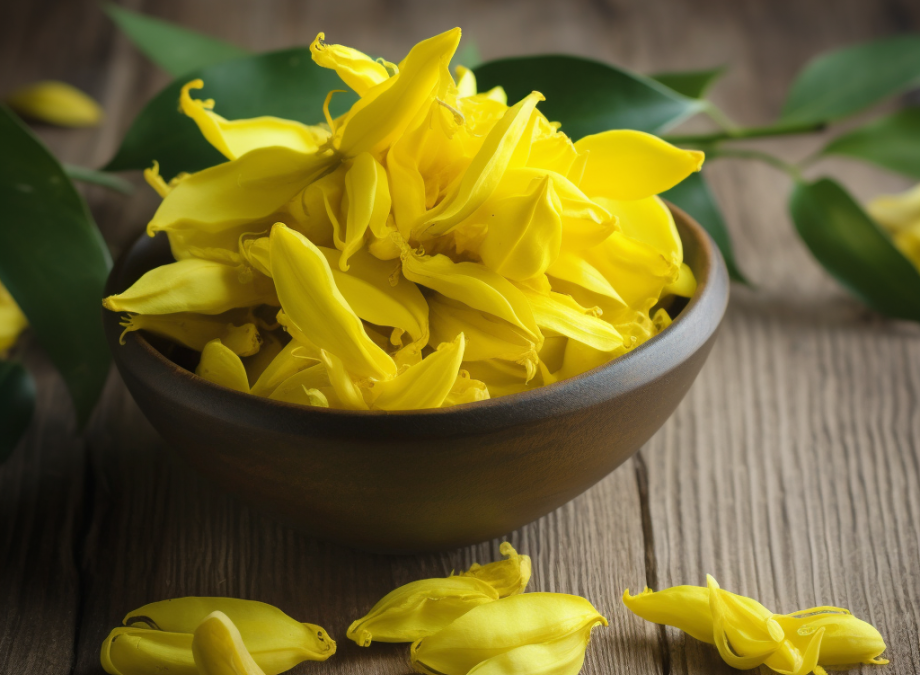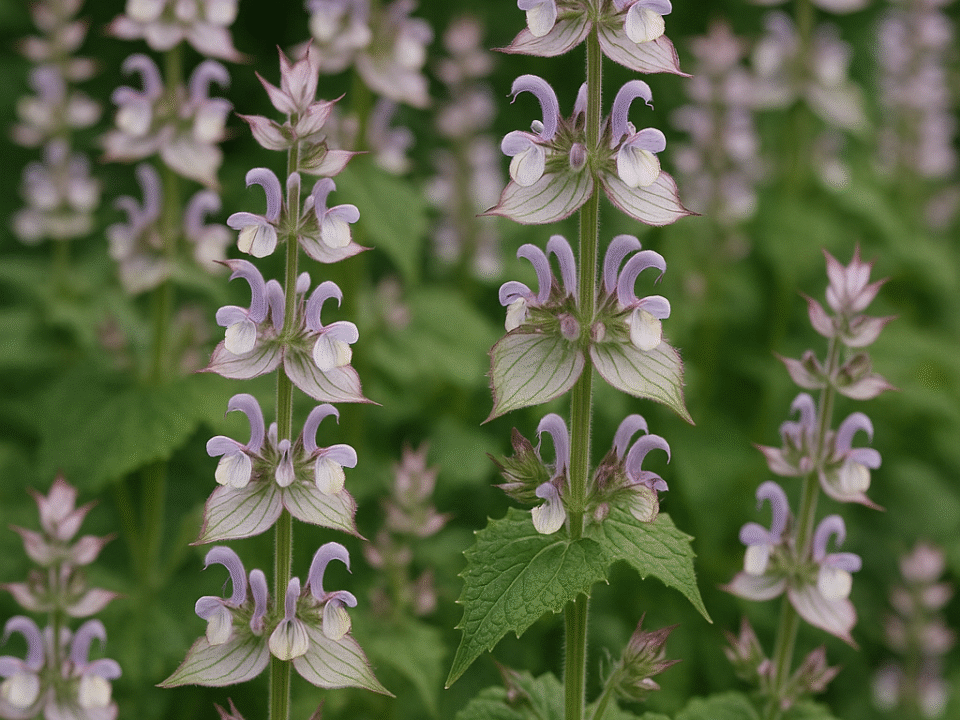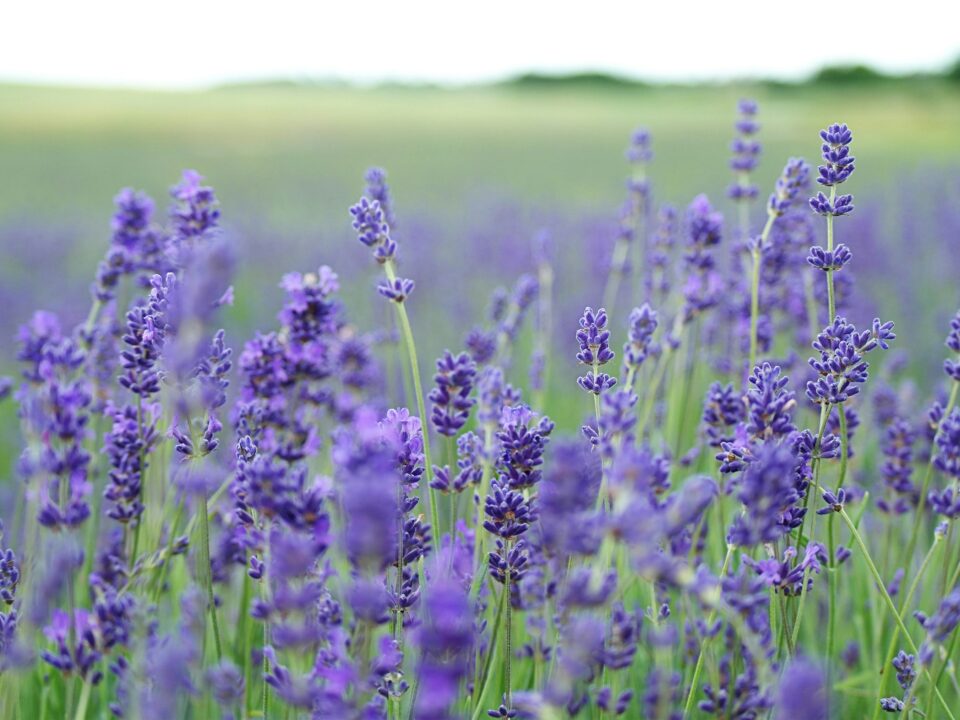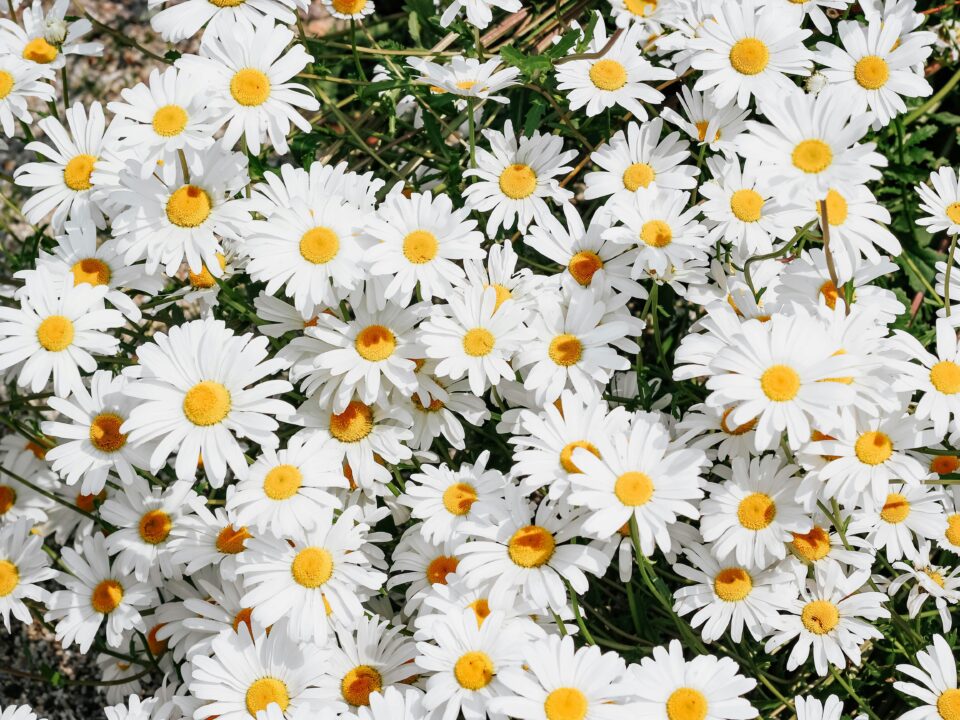
Ylang-ylang, more formerly known as Cananga odorata, originated in the Philippines and is indigenous to that region. It subsequently spread to other countries including Malaysia, Indonesia, New Guinea, the Solomon Islands, and Queensland, Australia. It can also be found in certain areas of Cambodia, Thailand, and Vietnam. The tree is highly esteemed for its flowers, commonly known as “ylang-ylang,” from which essential oils with a potent floral aroma are extracted.
The term “ylang-ylang” is the Spanish version of the Tagalog word “ilang-ilang,” which is a reduplicated form of the term “ilang” meaning “wilderness.” This alludes to the tree’s natural habitat. It is important to note that a common mistranslation of the term is “flower of flowers.”
The fragrance of ylang-ylang is deep and rich, with notes of rubber and custard, along with hints of jasmine and neroli. As a result, it is sometimes described as having a heavy, sweet aroma with a slightly fruity and floral scent.
The essential oil extracted from ylang-ylang is widely used in aromatherapy. It is believed to have benefits such as relieving high blood pressure, regulating sebum production for skin issues, and being regarded as an aphrodisiac.
Ylang-ylang oil offers numerous benefits for skincare, including balancing sebum production, controlling acne, moisturization, and anti-aging effects.
Ylang-ylang oil helps to regulate sebum production, making it beneficial for both oily and dry skin types. It can help to control excess oiliness while providing hydration to dry areas, promoting a balanced complexion.
The antiseptic and antimicrobial properties of ylang-ylang oil make it effective in combating acne-causing bacteria. It can help to reduce inflammation, soothe irritated skin, and promote a clearer complexion.
Ylang-ylang oil has hydrating properties that can help to moisturize and nourish the skin. It helps to keep the skin supple, soft, and well-hydrated, enhancing overall skin health and appearance.
With its antioxidant properties, ylang-ylang oil can help to protect the skin from free radicals, which can contribute to premature aging. It assists in reducing the appearance of fine lines and wrinkles, promoting a more youthful-looking complexion.
Lastly, ylang-ylang oil helps to improve skin tone and complexion, promoting a more radiant and even skin tone. It can assist in reducing the appearance of blemishes and discoloration, resulting in a more balanced complexion.
It is important to note that essential oils like ylang-ylang oil should be used properly and in diluted form, as they can be potent. It is recommended to perform a patch test before applying ylang-ylang oil or any new product to ensure there are no adverse reactions or allergies.



